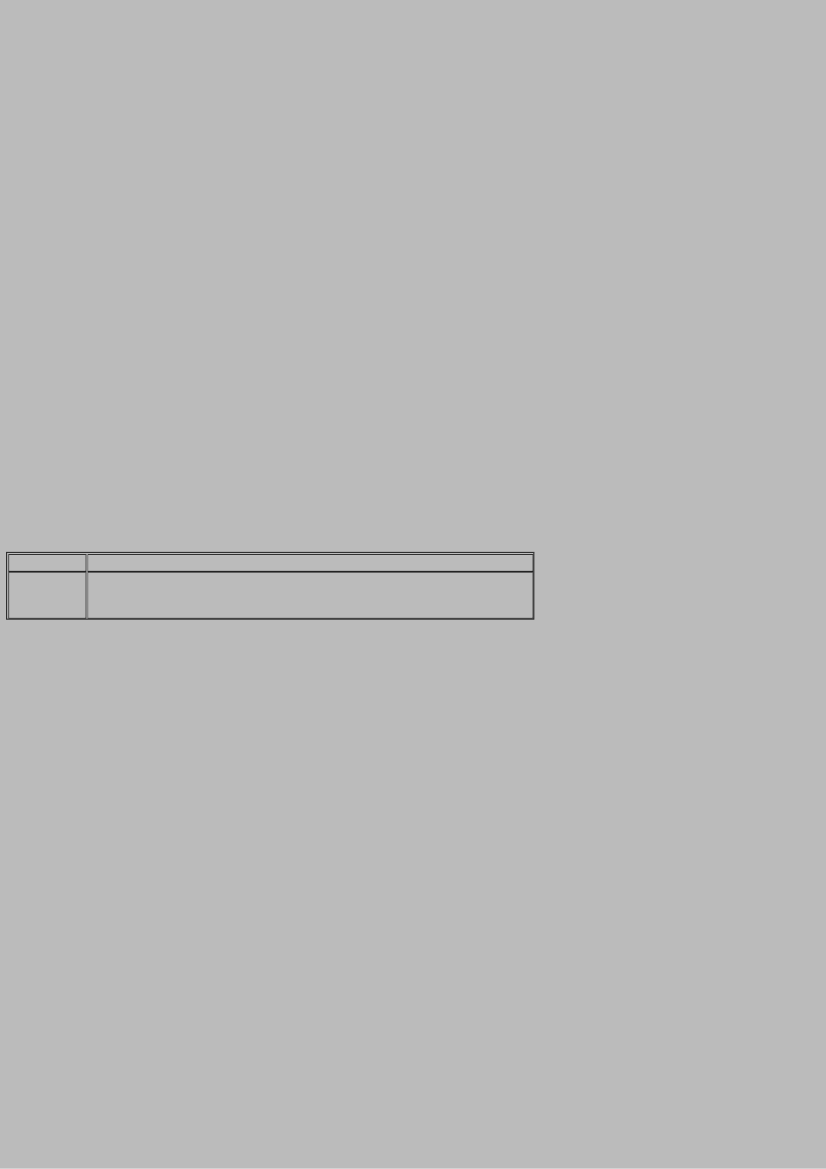
Modtaget via elektronisk post. Der tages forbehold for evt. fejl
Europaudvalget
(Alm. del - bilag 427)
Det Europæiske Råd
(Offentligt)
Medlemmerne af Folketingets
Europaudvalg og deres stedfortrædere
Bilag
1
Journalnummer
400.C.2-0
Kontor
EU-sekr.
5. december 2000
Til underretning for Folketingets Europaudvalg vedlægges i forbindelse med det ordinære møde i Det Europæiske Råd i Nice den 7.-9.
december 2000 Rådets skrivelse vedr. rapport til Det Europæiske Råd fra Arbejdsgruppen på Højt Niveau (HLWG) om gennemførelsen af
handlingsplanerne for asyl og migration.
NOTE
au :
Objet :
Conseil/Conseil européen
Groupe à Haut Niveau Asile et Migration
- Adoption du rapport au Conseil européen de Nice
Les délégations trouveront ci-joint le rapport sur les travaux du Groupe à Haut Niveau Asile et Migration à l{{PU2}}attention du Conseil européen de
Nice.
________
Groupe à Haut Niveau Asile et Migration
Rapport au Conseil européen de Nice
Sommaire:
I - Origines du Groupe à Haut Niveau Asile et Migration
II - Philosophie des travaux engagés
III - La mise en {{ST}}uvre des plans d'action
III. 1. Généralités
III. 2. État des travaux relatifs à chaque plan d'action
III. 3. Coopération avec les organisations internationales gouvernementales et non gouvernementales
III. 4. Coopération avec des pays tiers
IV- Évaluation des travaux du Groupe à Haut Niveau.